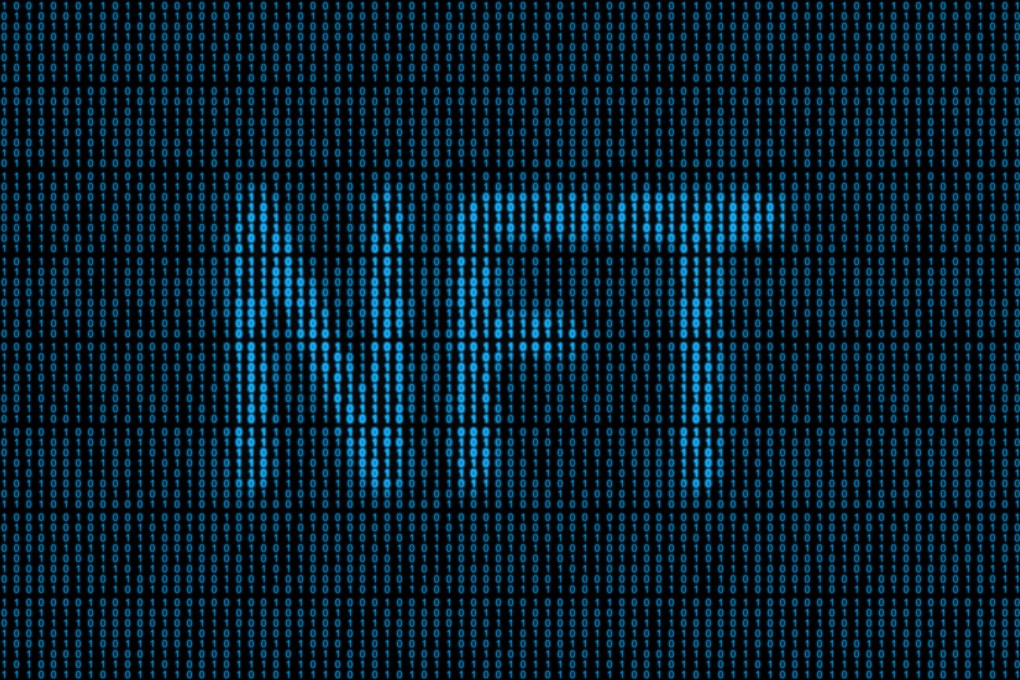Tencent-led project becomes first UN-approved standards initiative on NFTs, known as ‘digital collectibles’ in China
- The first draft of the framework is expected to be completed by the end of 2022, with Tencent group also supported by Ant and institutions
- Many Chinese tech companies offer NFTs built on consortium blockchains, which are different from popular public blockchains

A project on the technical framework for non-fungible tokens (NFTs) led by Tencent Holdings, with the involvement of Ant Group and others, has been approved by a United Nations specialised agency, which the company says makes it the world’s first UN-approved standards project on the digital tokens.
The project, called “technical framework for distributed ledger technology (DLT)-based digital collection services”, has been approved by the International Telecommunication Union, the UN agency for information and communication technologies.
NFTs, more widely known as “digital collectibles” in China, are non-interchangeable units of data stored on a blockchain, which can be sold and traded. Blockchain is a type of distributed ledger technology, a digital record that guarantees the fidelity and security of a record of data without the need for a trusted third party. Blockchains are used for decentralised cryptocurrencies like bitcoin and maintain a secure record of transactions on a peer-to-peer network.
China’s NFTs do not use public, decentralised blockchains as the Chinese government has banned cryptocurrencies, and the country is developing its own networks to back digital collectibles, which are minted on locally controlled blockchains and must be purchased with yuan. China’s state-backed Blockchain Services Network (BSN) has rolled out infrastructure to support the deployment of NFT projects not related to cryptocurrencies.
Led by internet giant Tencent, the project is also supported by other companies, universities and institutions including Ant Group, the Chinese Academy of Information and Communications Technology, Beijing University of Posts and Telecommunications and Zhejiang Lab, an innovation centre founded by the Zhejiang Provincial government, Zhejiang University and Alibaba Group Holding. Ant Group is an affiliate of Alibaba, which owns the South China Morning Post.
“The international standard aims to specify the technical architecture, technical flows, functional requirements, and security requirements for blockchain-based digital collectibles, and it could help drive a consensus and common understanding around the world on the formation of a technical framework for digital collection services,” wrote Tencent in a statement released on Tuesday.
The first draft is expected to be completed by the end of 2022, and the final draft will be finished next year before submission, Tencent told the Post.